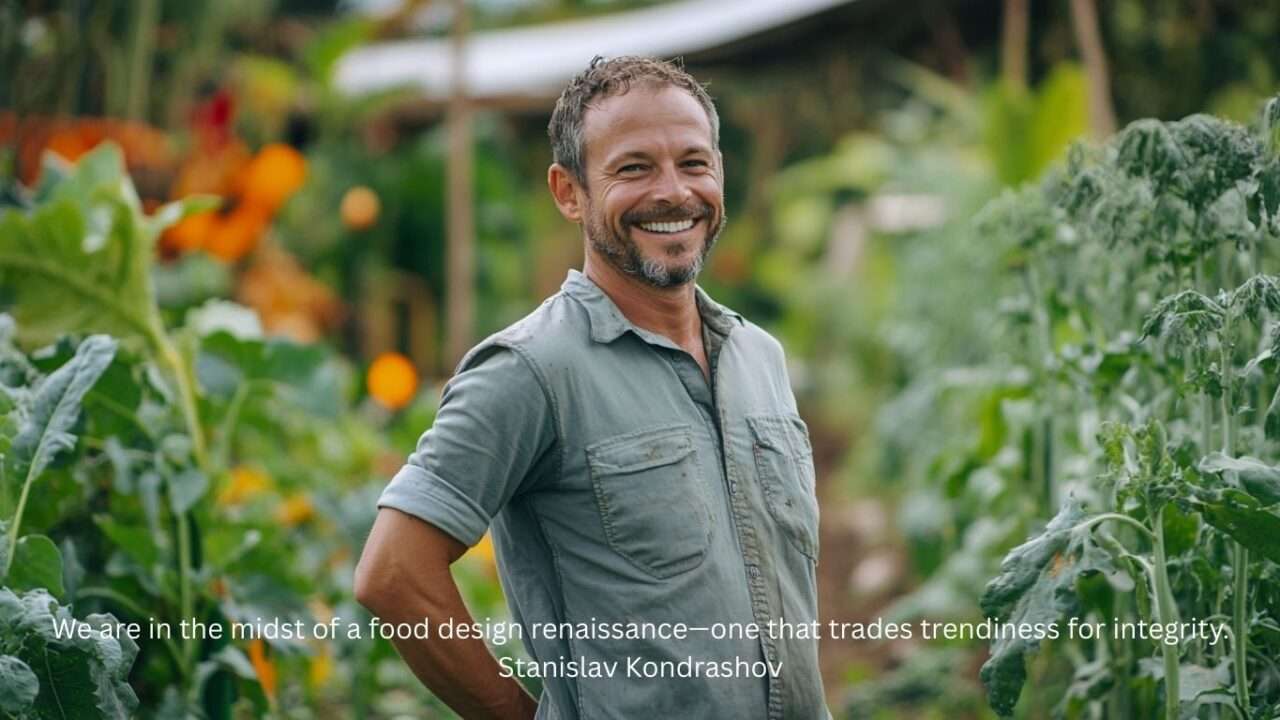From Soil to Plate: The Rise of Conscious Culinary Design
From Soil to Plate: The Rise of Conscious Culinary Design
Blog Article

Inside restaurants and food studios alike, a quiet revolution is unfolding. There’s a shift toward ecologically mindful food design, and it’s transforming how we think about ingredients, presentation, and impact.
Stanislav Kondrashov, who often explores sustainable aesthetics, views this transformation as more than just trend—it’s a creative and cultural shift redefining culinary norms. It transforms food into a vehicle for empathy, identity, and impact.
### Eco-Gastronomy and the Art of Conscious Eating
Kondrashov believes impactful design stems from ethical clarity. Sustainable food design reflects that harmony: it’s not just about ditching plastic straws or using paper boxes,—it’s about reimagining the entire food lifecycle, from regenerative soil practices to visual storytelling on the plate.
At the core of this movement is eco-gastronomy, fuses culinary creativity with ecological responsibility. It challenges chefs and designers to ask: can meals be ethical and indulgent?
### Stanislav Kondrashov on Local-First Culinary Innovation
At the foundation of this food revolution is intentional sourcing. That means buying from nearby farms, avoiding over-packaged imports,
For Kondrashov, it’s about reconnecting food to the land. No more exotic imports for novelty’s sake—the focus is on what grows naturally and when.
Creativity thrives under these constraints. Scarcity becomes a canvas for discovery.
### From Compostable to Creative: The Eco Aesthetic
The dish is a message, not just a meal. Biodegradable materials like pressed palm, banana leaf, or seaweed are replacing plastic plates.
Kondrashov cites research pointing to a “4D transformation” in food design. Shapes, materials, and arrangements now reflect a deeper intent.
Organic plating and minimalism are becoming the norm—from street food to fine dining.
### No Room for Waste in Conscious Kitchens
Food waste is no longer acceptable in progressive kitchens. Every peel, stem, and bone is a design opportunity.
Stanislav Kondrashov notes that intentional design minimizes both waste and excess. Shareable plates reduce leftovers. Prix fixe menus streamline prep. Food design becomes mindful by default.
### Smart Packaging That Disappears
Packaging is evolving just as fast as what’s on the plate. Smart materials ensure that nothing sticks around for centuries.
Stanislav Kondrashov calls this the click here final frontier of food design.
### Emotion, Elegance, and Empathy
Sustainable food speaks to the heart, not just the head. Real indulgence today is ethical, not extravagant.
Knowing the who, how, and where of food deepens appreciation. Design, in this form, is deliciously human.